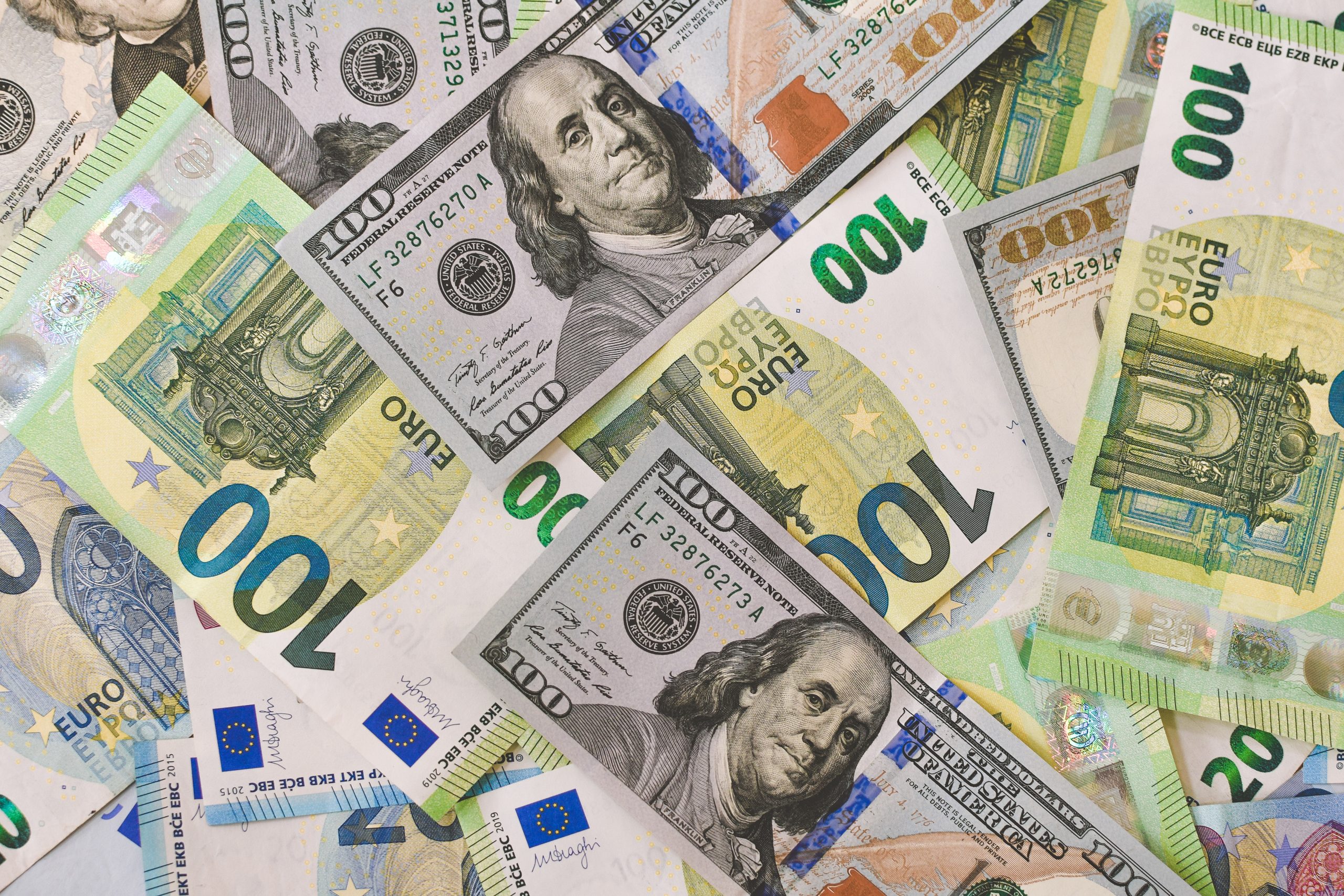Last week, Italian police stopped rapper Snoop Dogg and found $422,000 (€385,071.64) in his luggage (Louis Vuitton, of course) just as he was about to board a plane. Snoop, whose real name is Calvin Broadus, had not declared the cash and that’s against the rules.
In the European Union, the maximum amount of cash that you can take in or out of the EU without first declaring it is €10,000 (about $10,959 US). To quote the character Ernie Capadino (played by Jon Lovitz) in A League of Their Own, “Well then, this would be more, wouldn’t it?”
Ansa, Italy’s leading news agency, reported that half of the amount was seized by the “financiers of the Group of Lamezia” under money laundering laws. The rest was immediately returned to Snoop.
According to Snoop’s lawyer, the cash was obtained legally, as payment for a number of concert appearances. There have been no accusations to the contrary and the remainder is likely to be returned to the entertainer, less applicable fines.
Of course, the charges are specific to laws of the European Union and not the United States. Would the rules have been much different if Snoop were stopped here? Not likely.
As in the European Union, in the United States, there’s no limit to the amount of cash that you can bring into or out of the country: the notion that you can only take so much in or out is a myth. However, by law, a person or persons traveling together must report coin, currency or negotiable monetary instruments in excess of $10,000 by filling out a form FinCEN 105, Report of International Transportation of Currency and Monetary Instruments (downloads as a pdf).
And it’s not just at airports. The rule applies to anyone who “physically transports, mails, or ships, or causes to be physically transported, mailed, or shipped” coin, currency or negotiable monetary instruments worth more than $10,000 from the United States to any place outside the United States or into the United States from any place outside the United States.
In addition to the obvious (cash and coins), what else counts? Basically, anything that’s a cash equivalent. That means traveler’s checks in any form. Negotiable instruments, including checks, promissory notes and money orders payable to the bearer, endorsed without restriction, or made out to a fictitious payee also count, as do blank checks, blank promissory notes, and blank money orders. Securities or stocks which are payable to the bearer would also be considered a negotiable money instrument. However, negotiable money instruments do not include checks or money orders made payable to a named person but not yet endorsed, as well as warehouse receipts and bills of lading.
Why all the rules? What are authorities in the United States and abroad worried about? Mostly, money laundering related to organized crime, terrorism and other bad behavior. If you don’t declare cash that was used for “dirty” purposes, it’s easier to run it through a bank or other financial institution and replace those dollars with “clean” ones. In order to prevent this, federal laws require that large transactions be reported. The same is true for those who don’t travel but stay put, making deposits or withdrawals, totaling more than $10,000 in a bank for any single day or businesses who receive more $10,000 in cash from one buyer as a result of a single transaction or two or more related transactions.



